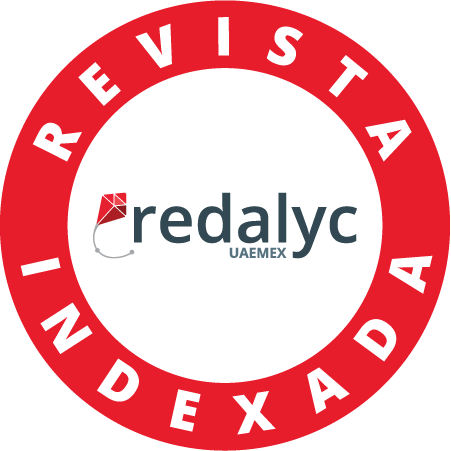The tribunal constitutional’s precedents in arbitration
DOI:
https://doi.org/10.46631/Giuristi.2020.v1n1.03Keywords:
Arbitration, precedent, jurisdictional function, diffuse control, collective bargainingAbstract
The arbitration in our country has been impacted by the decisions of the Constitutional Court. These decisions have had such importance in the arbitration activity, not only because of the content of the interpretations, but because these interpretations have been given the connotation or precedent status. Precisely, it is the reason for this work to present the two precedents that the Court has set in arbitration to reflect on how successful are the rules of jurisprudential creation and how these statements impact on legal security.
Downloads
References
Comisión Principal de Constitución de la Asamblea Constituyente 1978-1979. Diario de los Debates. Tomo VII, publicación oficial.
García Toma, Víctor. Teoría del Estado y derecho constitucional. Lima: Fondo Editorial de la Universidad de Lima, 1999.
Hundskopf, Oswaldo. «Diálogo con la jurisprudencia». En El control difuso en la jurisdicción Arbitral. Lima: Gaceta Jurídica, 1991.
Landa Arroyo, César. «El arbitraje en la Constitución de 1993 y en la jurisprudencia del Tribunal Constitucional». Themis, Revista de Derecho 53 (junio 2007): 29-42. http://revistas.pucp.edu.pe/index.php/themis/article/view/8846.
Lascano, David. Jurisdicción y competencia. Buenos Aires: Guillermo Kraft, 1941.
Monroy, Juan. Introducción al proceso civil. Bogotá: Temis, 1996.
Leyes, sentencias y otros documentos legales
Decreto Legislativo 1071.
Tribunal Constitucional. Sentencia del 28 de febrero de 2006, expediente 6167-2005- PHC/TC.
Ley Orgánica del Poder Judicial.
Primera Sala Comercial de Lima, expediente 281-2006. En los seguidos por Provías Nacional con Odebrecht Perú Ingeniería y Construcción S. A. C. sobre anulación de laudo arbitral.
Published
How to Cite
Issue
Section
License
Copyright (c) 2020 Marianella Leonor Ledesma Narvaez

This work is licensed under a Creative Commons Attribution 4.0 International License.
Todos los contenidos de la revista electrónica se distribuyen bajo una licencia de uso y distribución Creative Commons Atribución 4.0 Internacional (CC BY 4.0). Por el cual:
Usted es libre de:
- Compartir — copiar y redistribuir el material en cualquier medio o formato para cualquier propósito, incluso comercialmente.
- Adaptar — remezclar, transformar y construir a partir del material para cualquier propósito, incluso comercialmente.
La licenciante no puede revocar estas libertades en tanto usted siga los términos de la licencia.
Bajo los siguientes términos:
- Atribución — Usted debe dar crédito de manera adecuada , brindar un enlace a la licencia, e indicar si se han realizado cambios . Puede hacerlo en cualquier forma razonable, pero no de forma tal que sugiera que usted o su uso tienen el apoyo de la licenciante.
- No hay restricciones adicionales — No puede aplicar términos legales ni medidas tecnológicas que restrinjan legalmente a otras a hacer cualquier uso permitido por la licencia.
Los autores retienen sus derechos de autor respecto de los artículos sometidos sin ningún tipo de restricciones. De esta manera, los autores retienen el derecho de compartir, distribuir, copiar, ejecutar y comunicar públicamente el artículo publicado en Giuristi, Revista de Derecho Corporativo; esto incluye la posibilidad de colocarlo en un repositorio institucional. Los autores conservan el derecho de hacer una posterior publicación de su trabajo, de utilizar el artículo o cualquier parte de aquel (por ejemplo: una compilación de sus trabajos, notas para conferencias, tesis, o para un libro), siempre que indiquen la fuente de publicación (autores del trabajo, revista, volumen, número y fecha).










